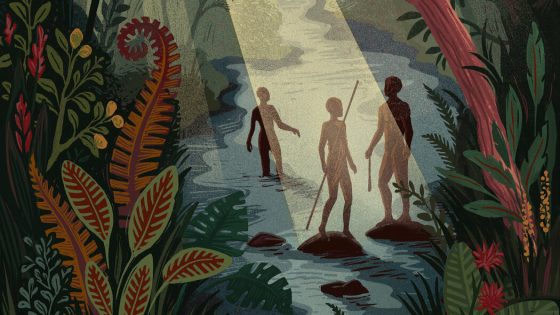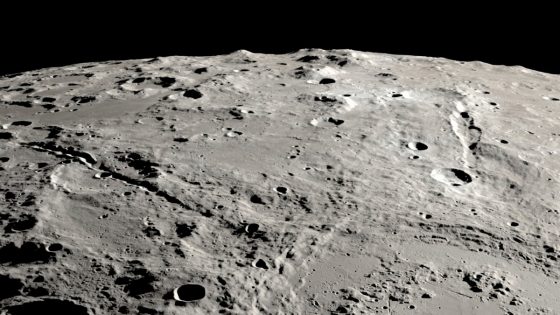Did early humans thrive in rainforests? Recent research suggests that Homo sapiens may have evolved across Africa, not just in the East African savanna. A groundbreaking study, published on February 28, 2025, reveals that some of our ancestors lived deep in West African rainforests as early as 150,000 years ago.
- Homo sapiens evolved across entire Africa.
- Early humans lived in West African rainforests.
- Ecological diversification was crucial for survival.
- East African savanna theory challenged in 2018.
- Tropical rainforests posed significant survival challenges.
- Fossil abundance does not imply single origin.
How Did Early Humans Adapt to Diverse Environments Across Africa?
Could early humans really thrive in the challenging conditions of rainforests? This new perspective on human evolution suggests they did. The study highlights that our ancestors were not limited to grasslands but also ventured into dense jungles, showcasing their remarkable adaptability.
What Does This Mean for Our Understanding of Human Evolution?
This study reshapes the narrative of human origins. Previously, scientists believed that Homo sapiens were primarily adapted to life in open grasslands. However, the new findings suggest that early humans were versatile enough to inhabit various ecosystems, including the toughest tropical rainforests.
- Early humans lived in diverse environments, not just savannas.
- Rainforests presented unique challenges, such as finding food and avoiding predators.
- Ecological diversification was crucial to the survival of our species.
- Research challenges traditional views of human evolution.
What Challenges Did Early Humans Face in Rainforests?
Living in rainforests posed significant challenges for early humans. Dense vegetation made hunting difficult, and the presence of predators added to the dangers. As Dr. Eleanor Scerri pointed out, visibility was limited, making it hard to spot both prey and threats. This adaptability showcases the resilience of our ancestors.
Why Is This Research Important for Modern Society?
This research offers valuable insights into human adaptability, which is relevant today. Understanding how early humans thrived in diverse environments can inform modern conservation efforts and survival strategies in changing climates. It reminds US of our ability to adapt and thrive, no matter the challenges we face.

































